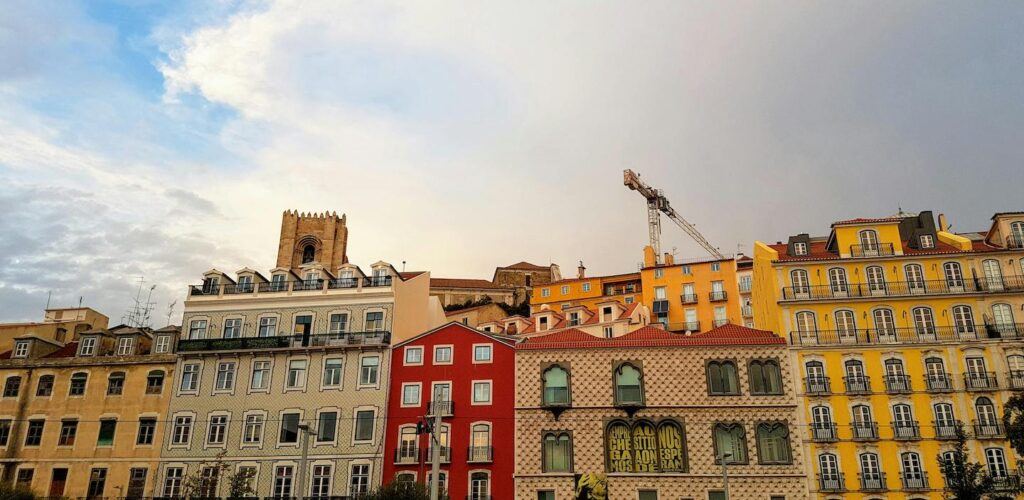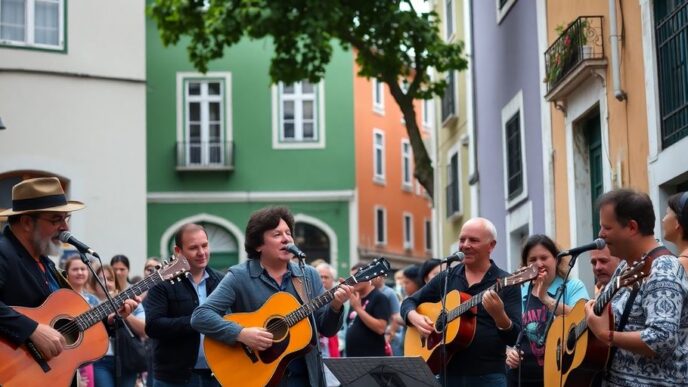UK tourists visiting Portugal this summer will need to budget for a new tourist tax in Lisbon. The fee, which is capped, aims to improve the city’s infrastructure and quality of life for both residents and visitors.
Key Takeaways
- New Tourist Tax: UK tourists in Lisbon will pay €2 per person per night, capped at seven nights.
- Approval and Implementation: The tax was approved by the municipal executive and will be used for urban cleaning, transport, and heritage projects.
- Future Considerations: The city is evaluating the impact of tourist pressure and may adjust the tax for cruise passengers.
Details of the New Tourist Tax
UK tourists on holiday in Lisbon, Portugal, will now be required to pay a tourist tax of €2 (approximately £1.71) per person for each night they stay. The fee is capped at a maximum of seven nights, meaning a couple could pay up to €28 (around £25) for a week-long stay.
The decision was made earlier this year in a private meeting of the municipal executive, where the PSD/CDS-PP proposal was approved. The proposal saw PCP abstaining and the remaining councilors voting in favor.

Purpose of the Tax
The revenue generated from this tax will be allocated to several key areas:
- Urban Cleaning: Enhancing the cleanliness of the city.
- Transport and Infrastructure: Improving public transport and infrastructure.
- Heritage Projects: Funding projects that preserve and promote the city’s cultural heritage.
Public Consultation and Future Plans
Before the tax was implemented, a 30-day public consultation period was held to gather contributions from the public. During this period, BE proposed a higher tax of €4 per passenger for arrivals by sea, but this was rejected.
The city is also conducting a study to re-evaluate the impact of tourist pressure on public spaces and general charges. This includes considering differentiated criteria for the environmental sustainability of cruises.
Statements from Officials
Carlos Moedas, the mayor of Lisbon, emphasized the fairness of the tax, stating that it is crucial for improving the quality of life in the city. He noted that the tax would help raise the quality of life for both residents and tourists.
“We’re going to have to think very carefully about whether we don’t have to reduce this tourist tax in order to gain competitiveness in tourism, which is going to have immense difficulty,” Moedas said. He also mentioned that the current economic situation is different from the post-COVID crisis period, with other cities charging higher tourist taxes.
Conclusion
The new tourist tax in Lisbon is a strategic move to ensure that tourism contributes positively to the city’s development. While it adds a small cost to tourists, the benefits for the city’s infrastructure and quality of life are expected to be significant.













